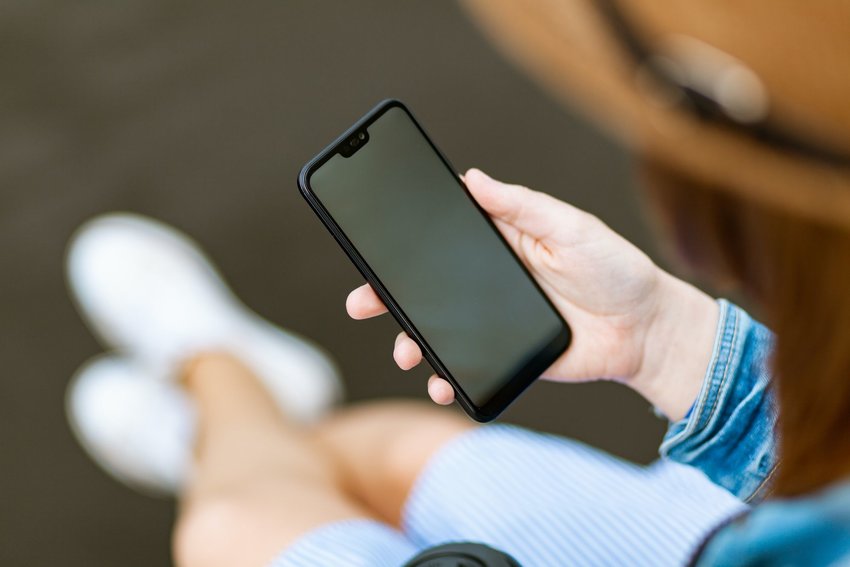Can you imagine still using "thee" and "thou" in everyday conversation? Some words fall out of fashion, but new words are created as our world changes. Even dictionaries release lists of words added to the corpus every year, with some that are widely accepted and others that are more controversial.
We've closed out the 2010s, so let's take a look at the words we came up with during that decade. While these terms might be familiar to you now, in 2110 they could be as archaic as "goldbrick" (which, in 1910, meant a lazy person who doesn’t do her fair share of work).
Brogrammer
A portmanteau of “bro” and “programmer,” this word is meant to convey the opposite of the stereotypical shy and nerdy programmer. Brogrammers are social, very interested in keeping up their image, and will never turn down a high five.
Deepfake
This worrying mashup of the words “deep” and “fake” describes superimposing images to make it look like someone is doing or saying something that they never did or said. With so many people posting photos of literally everything, and the expanding power of machine learning, this is a growing trend. Major social media networks and news websites are coming together to root out and block deepfake content.
Microadventure
Don’t have time for a full-on vacation adventure to Machu Picchu? You might be able to satisfy the urge to explore with a microadventure. Coined in an increasingly busy time when people barely stop to have fun, or have difficulties in traveling far from home, a microadventure is a way to spend a short time in a perspective-shifting way, like pitching a tent in the backyard or taking a late-night stroll by a nearby river.
Phubbing
Ever pretended not to notice that person from high school standing on the same train platform by not looking up from your phone? Then you’ve participated in "phubbing," or using your phone to snub someone and avoid social contact. Instead of faking a phone call, now you can just remain engrossed in your Insta feed.
Refudiate
Thanks to Sarah Palin’s rise in celebrity in the early 2000s, we now have the word "refudiate." This non-word was coined the word of the year in 2010, after Palin tweeted asking Muslims to "pls refudiate" support for a mosque at Ground Zero. She seemingly combined "refute" and "repudiate," but the New Oxford American Dictionary said that "refudiate" now stands on its own as a word since neither of the original words conveyed what she meant.
Thanksgivukkah
With the rare alignment of the Gregorian and Hebrew calendars, a day of Hanukkah and the date of American Thanksgiving sometimes collide. Therefore, a name was needed for this double holiday. Similar themes of gathering for family time and being thankful made Thanksgivukkah a fit so natural that even President Barack Obama recognized the holiday in 2013, making it official.
Uberization
This term comes from the ride-sharing service Uber, and describes changing a market drastically by introducing a new method to provide a product or service. Uber turned the taxi market upside-down first, but new gig economy services — such as Instacart, TaskRabbit, Airbnb, Fiverr, and Handy — mean you can buy almost anything, or work in any field, from the safety of your phone.
Woke
To be woke is to be aware of social justice issues. It comes from African American Vernacular English (AAVE), but it gained traction around the Black Lives Matter movement in 2014. Woke is used as a point of pride, or a mark of derision, based on the generation using it.
Xennials
Too young to be Gen X, but still pretty plugged in to the millennial mindset, xennials are a microgeneration of people born in the late 1970s to early 1980s. Generally, xennials grew up before the internet but readily adopted it as quickly as their younger cohorts.
Honorary Mentions: G.O.A.T., BIPOC, Baby Yoda, big mood, zoomer, sportsball, fam, blep, tea, left on read, updoot, Florida man, stan, chonky, snatched, mansplain, side hustle, vaguebooking, bigly, snowpocalypse, humblebrag, and feels. All the feels.
While these words might not have made it into the dictionary yet, they're so widely used and recognized that maybe it will happen in the next decade. Or if you don't recognize them, maybe just be thankful.

